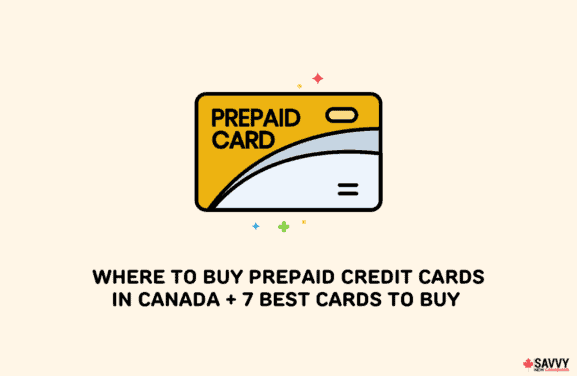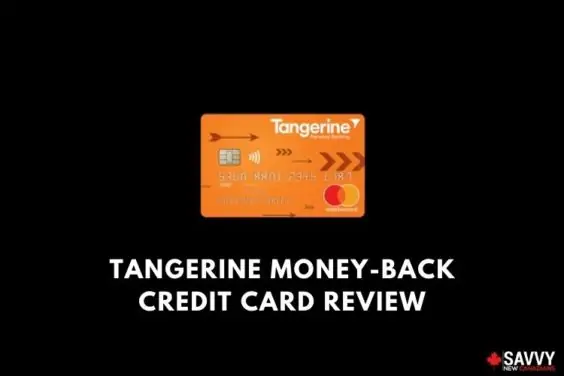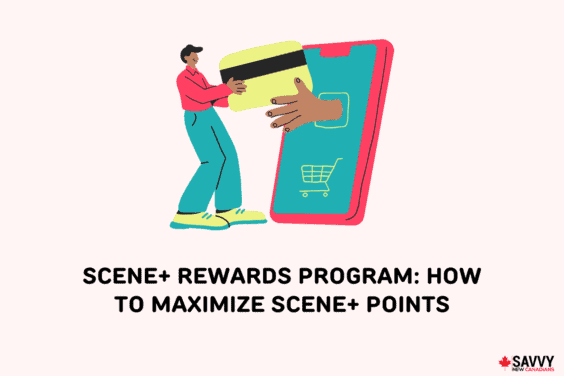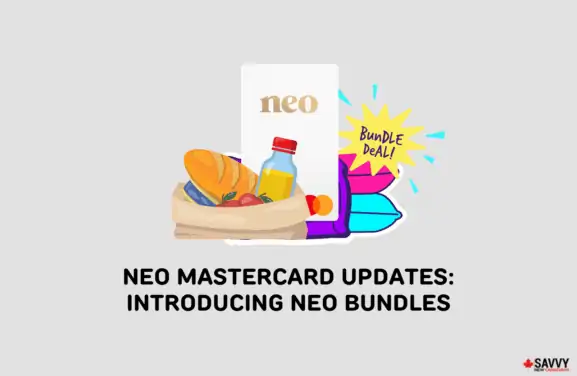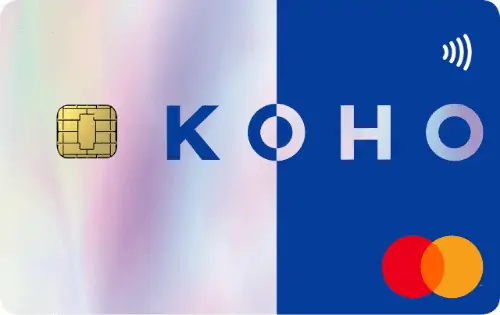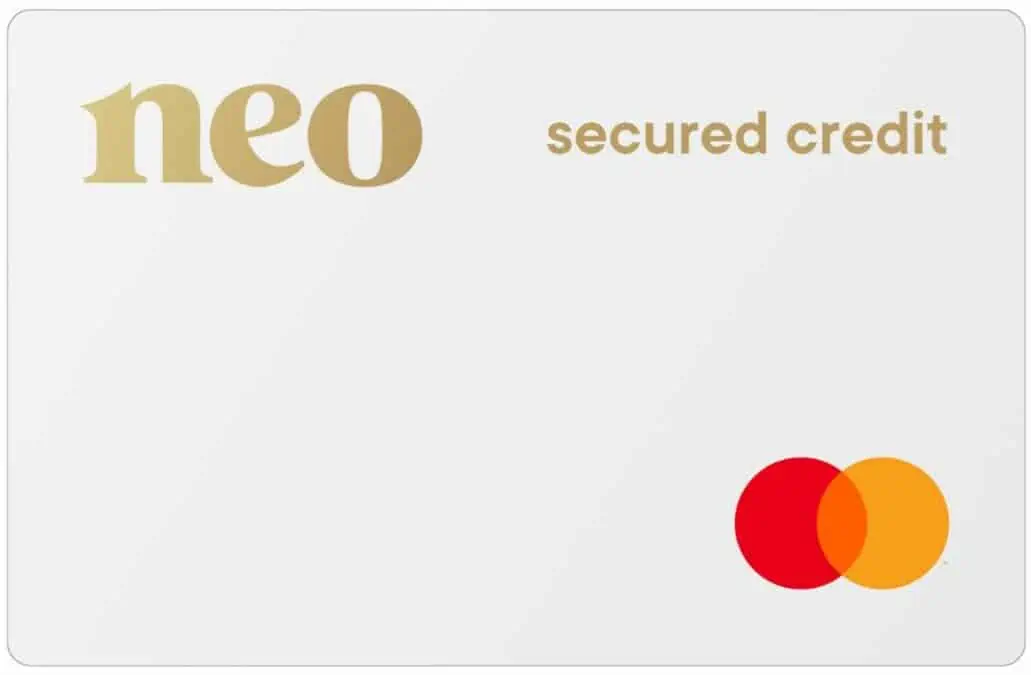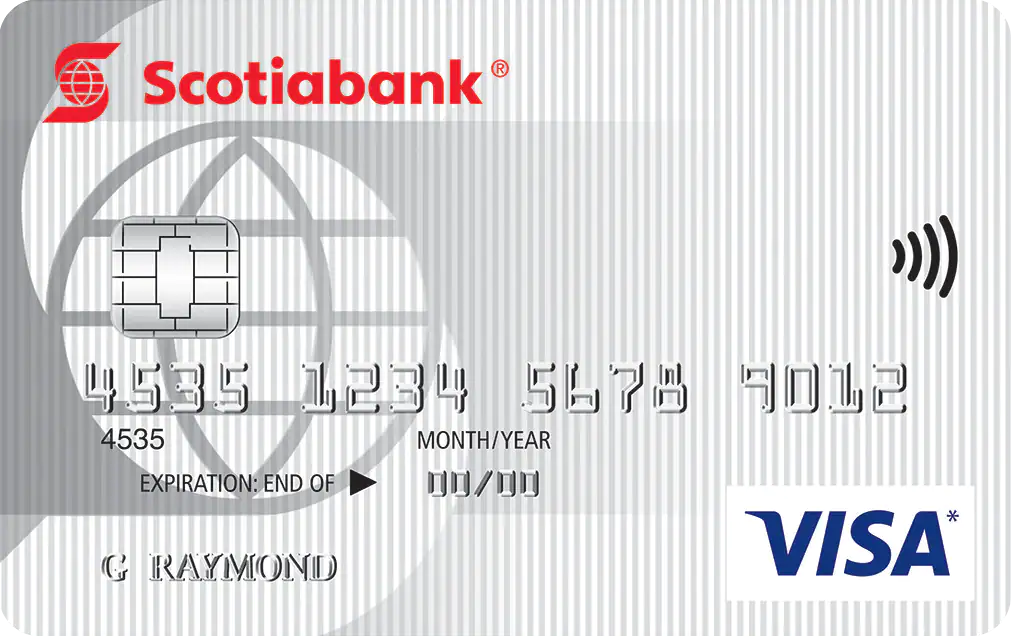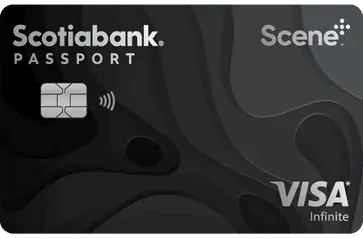To get a credit card in Canada, you must be either 18 or 19 years old, depending on where you live. This is a legal requirement, and there is no way around it.
There are ways to use a credit card legally before you are that age, but you cannot be the owner.
If you are younger than 18, you cannot get your own credit card. And even if you are older than 18 or 19, you may not be ready for a credit card.
In this guide, we look at the minimum ages for getting a credit card in Canada and the most important things to consider.
Key Takeaways
- You must be 18 or 19 to get your own credit card in Canada.
- The exact age depends on the province or territory where you live.
- You may be able to become an authorized user on your parent’s credit card before you are 18.
- Even if you are over 18, consider whether you are ready for a credit card.
Minimum Age for a Credit Card in Canada
To get a credit card in Canada, you must be at least 18 or 19 years old, which is a legal requirement.
This applies to all credit cards. So, for example, the RBC credit card age requirement is the same as any for any other bank, including TD, Scotiabank, or HSBC.
Whether you need to be 18 or 19 depends on your province or territory. That’s because the age of majority is either 18 or 19 in different provinces, and you must be the age of majority before you can legally get your own credit card.
The provinces where the age of majority is 18 include Manitoba, Alberta, Ontario, Prince Edward Island, Quebec, and Saskatchewan.
The provinces and territories where the age of majority is 19 include British Columbia, Newfoundland, Nova Scotia, New Brunswick, Labrador, Northwest Territories, Yukon, and Nunavut.
Can You Get a Credit Card Under 18 in Canada?
You cannot apply for your own credit card anywhere in Canada if you are under 18. However, there is a way that you may still be able to use a credit card.
If one of your parents has a credit card, they can add you as an authorized user even if you are not yet 18.
You will then get your own credit card to use under your name. However, it remains the primary cardholder’s account, and they are responsible for paying off the balance.
Eligibility Requirements for a Credit Card in Canada
To apply for a credit card in Canada, you must be the age of majority in your province or territory. However, other eligibility requirements may apply.
You must usually be a citizen or permanent resident of the country. Many credit card issuers also require you to have a minimum personal or household income. This is often higher for premium credit cards.
You will normally need a good credit score of 660 or more to apply for a credit card.
However, if you are applying for your first credit card, you may be able to apply for a student credit card, which may have more lenient requirements.
Pros and Cons of Getting a Credit Card Early
Pros:
- Start building a credit history from a younger age.
- Get into good financial habits like making your payments on time.
- Take advantage of special offers and perks provided by many credit cards.
Cons:
- If you miss payments, this could impact your credit score.
- It could be tempting to spend more than you can afford and face financial difficulties.
How to Know if You’re Ready to Get a Credit Card
Even if you are the age of majority in your province or territory, this does not always mean you are ready to get a credit card.
It depends on your situation, your confidence in dealing with money, and whether you can make your payments on time.
Remember, if you fail to make the minimum payment on your credit card, this could result in late payment fees and impact your credit score.
It’s important to build up a good credit score over the years, and you don’t want to get off to a bad start.
Before you apply for your first credit card, take some time to learn about how credit works and the responsibilities that come with borrowing.
When you first get a credit card, spending more than you can afford can be tempting. Therefore, you may want to apply for a debit card first and get used to spending what you can afford.
Managing a debit card and a chequing account without relying on overdrafts is a good sign that you are ready for a credit card.
You should ideally have some form of income or at least some savings to fall back on when you first apply for a credit card.
Finally, when you choose a credit card, make sure it is suitable for your needs. Choose one that comes with the rewards and perks that you will make the most use of, and always read the fine print.
Conclusion
Getting your first credit card can be exciting, but you will have to wait until you are either 18 or 19 to apply for one in Canada.
Even if you are legally old enough, make sure you are ready for the responsibility of using a credit card, and consider the pros and cons before making your decision.
FAQs
Yes, you can add your child as an authorized user to your credit card in Canada.
16-year-olds cannot have their own credit cards in Canada, but they can use debit cards. This can often be a convenient way for them to spend money and get used to managing their finances.
There is no minimum age limit on debit cards in Canada, so a 12-year-old can use one. However, they may need to apply for one in person with a parent or guardian.
Related:
